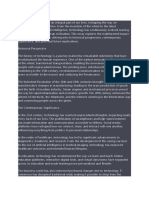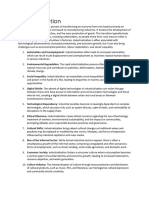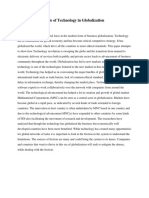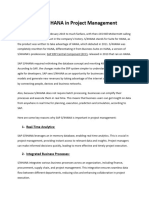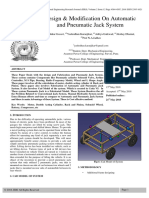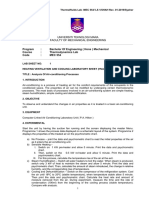0% found this document useful (0 votes)
29 views14 pagesTech
The document discusses the evolution of technology and globalization, highlighting their significant impacts on society, economy, and culture. It outlines historical advancements in technology, including the Agricultural, Industrial, and Digital Revolutions, and explores the benefits and challenges of globalization. The future of both technology and globalization is expected to focus on sustainability, digital connectivity, and the integration of AI and automation.
Uploaded by
Jehu CercadoCopyright
© © All Rights Reserved
We take content rights seriously. If you suspect this is your content, claim it here.
Available Formats
Download as PDF, TXT or read online on Scribd
0% found this document useful (0 votes)
29 views14 pagesTech
The document discusses the evolution of technology and globalization, highlighting their significant impacts on society, economy, and culture. It outlines historical advancements in technology, including the Agricultural, Industrial, and Digital Revolutions, and explores the benefits and challenges of globalization. The future of both technology and globalization is expected to focus on sustainability, digital connectivity, and the integration of AI and automation.
Uploaded by
Jehu CercadoCopyright
© © All Rights Reserved
We take content rights seriously. If you suspect this is your content, claim it here.
Available Formats
Download as PDF, TXT or read online on Scribd
/ 14





















